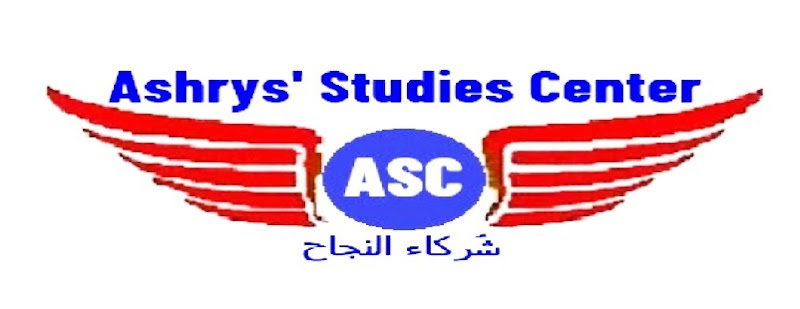 |
| phonetics --> Lecture 9 ( Word Formation Processes) |
Word Formation Processes
These
processes are :
1)Coinage
It is
the invention of totally new words and terms which have quickly become everyday
words in the language.
Examples
-Aspirin -Nylon
-Kodak -Xerox -Kleenex
2)Borrowing
It is
the taking over of words from other
languages. It is one of the common sources of new words in English .Throughout
its history, the English language has adopted a vast number of loan-words from other languages.
Examples
alcohol
(Arabic), boss (Dutch), croissant (French), lilac (Persian), piano (Italian)
pretzel German, robot (Czech), tycoon ( Japanese), yoghurt (Turkish) and zebra
(Bantu).
Also,
there is a special type of borrowing that is described as loan-translation, or
calque. In this process , there is a direct translation of the elements of a
word into the borrowing language.
Examples
-the
English word 'superman' is a
loan-translation of the German Uber-mensch,
-some
Spanish speakers eat perros calientes ( literally dogs hot)or hot dogs.
-The
Japanese use of 'suupaamaaketto' for the English word ''supermarket'' and
'rajio' for ''radio''.
-The
Hungarians' talking about sport for 'klub' and 'futbal'.
-The
English word ''honeymoon'' is a loan-translation or a Calque of the Spanish
term ,''luna de miel''
3)Compounding
It is
the joining of two separate words to produce a single form. This combining
process is very common in languages like German and English but much less
common in languages like French and Spanish.For example , in German , Lehn and
Wort are combined to produce Lehnwort .
Obvious
English examples are :
bookcase
, fingerprint , sunburn , wallpaper ,
doorknob , textbook , wastebasket .
4)Blending
It means
taking only the beginning of one word and joining it to the end of another
word.
Examples
-In some
parts of The United States , there's a product which is used like
gasoline, but is made from alcohol, so the blended term for referring to this
product is gasohol.
-If you
wish to refer to the combined effects of smoke and fog there's
the term smog.
- brunch
for breakfast/lunch,
-motel
for motor/hotel.
-telecast
for television/broadcast.
5)Clipping
It means
reduction of syllables. That is , this process occurs when a word of more than
one syllable is reduced to a shorter form. often in casual speech, the term
gasoline is still in use, but occurs much less frequently than gas, the clipped
form.
Common
examples
-ad
(advertisement)
-fan
(fanatic)
-prof
(professor)
- lab
(laboratory)
6)Backformation
It is a very specialized type of reduction
process . A word of one type usually a noun is reduced to form another word of
a different type usually a verb. A good example of backformation is the process
whereby the noun television first came into use and then the verb televise was
created.
Other
examples
-emote
from emotion , enthuse from enthusiasm, opt from option , edit from editor and
donate from donation.
7) Conversion (category change - functional
shift)
It is a
change in the function of a word as for example when a noun comes to be used as
a verb without any reduction. A number of nouns, such as paper, butter, bottle,
vacation can come to be used as verbs in the process of conversion as in the
following sentences:
-he's
papering the bedroom walls
-have
you buttered the toast?
-We
bottled the home-brew last night.
-they're
vacationing in France
Also ,
this process is particularly productive in modern English, with new uses
occurring frequently. The conversion can involve verbs becoming nouns, with guess,
must and spy as the sources of a guess , a must and
a spy. Or adjectives, such as dirty , empty , total
, crazy and nasty can become the verbs to dirty , to empty , to total or the nouns a crazy and a nasty.
Other forms such as up and down can also become verbs as in they up prices .
8)Acronyms
It is
the formation of new words from the
initial letters of a set of other words. These acronyms often consist of
capital letters, as in NATO , NASA or UNESCO.
Notice
acronyms
can lose their capitals to become everyday terms such as laser (light
amplification by stimulated emission of radiation) , radar (radio detecting and ranging and
scuba (self contained underwater breathing apparatus) .
9)Derivation
It is
the production of new English words and it is accomplished by means of a large
number of small bits of the English language. These small bits are called
affixes and a few examples are the element un , mis, pre, ful, less, ish, ism,
ness which appear in words like unhappy, misrepresent , prejudge, joyful,
careless, boyish, terrorism and sadness.
10)Prefixes
and suffixes
In the
preceding group of word, it should be obvious that some affixes have to be
added to the beginning of a word e.g. un and these are called prefixes. The
other affix forms are added to the end of
the word e.g. ish and these are called suffixes. All English words
formed by this derivational process use either prefixes or suffixes or both.
For example , mislead has
a prefix, disrespectful has both a prefix and a suffix and foolishness
has two suffixes.
11)Infixes
There is
a third type of affix not normally to be found in English but fairly common in
some other languages.
12)Multiple
processes
It is
the operation of more than one process at work in the creation of a particular
word. For example the term deli seems to have become a common American
English expression via a process of first borrowing ''delicatessen''
from German and then clipping that borrowed form.
***********************
***********************



No comments: